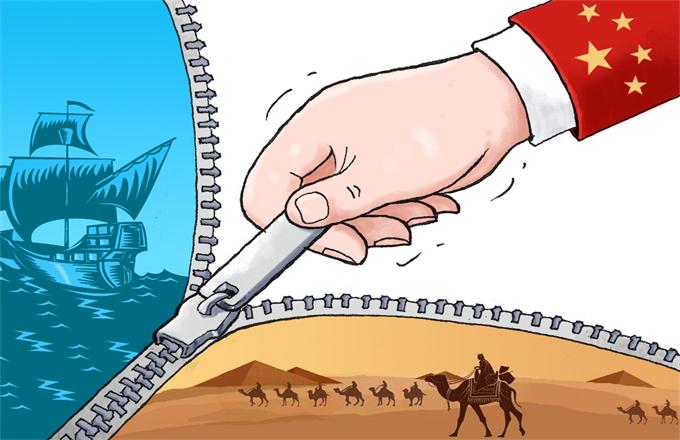China must be prepared for capital exit
At the G20 meeting in Washington last month, the International Monetary Fund sounded a warning about the problems that could be caused by a sudden massive outflow of capital from emerging markets when the major developed economies, notably the United States, terminate their quantitative easing programs.
Since the US Federal Reserve started its quantitative easing program some two years ago, there has been a large flow of capital into emerging markets in search of higher returns. This flood of money has, in turn, inflated asset prices in these markets and pushed up the value of their respective currencies.
These aggressive monetary policies adopted by some developed economies to stimulate their economic growth cannot be sustained for too long as they can create their own problems with too much cheap money floating around. It's widely expected that governments will stop printing money as soon as their economies show definite signs of a sustainable recovery.
That may come sooner than expected, and a more optimistic economic outlook in developed countries could trigger a reversal in capital flows out of emerging markets. A sudden capital outflow could burst the asset bubbles in some emerging markets, sparking a financial crisis as many enterprises have greatly increased their foreign currency borrowings at low interest rates to fund their domestic investments.
Acknowledging the "crucial" role of "accommodative monetary policy" in stimulating economic growth, the IMF cautioned in a statement issued at the conference that there is a need to monitor the potential impacts of monetary easing on capital flows and exchange rates. "Eventual exit from monetary expansion will need to be carefully managed and clearly communicated," the statement said.
At the conference, IMF Managing Director Christine Lagarde warned that "unconventional" monetary policy has raised international concern about currency valuations and competitive depreciation. She added that the IMF will probe further into the consequences of unconventional monetary policy and "what will be the consequences of the variety of exit and what will be good exits as opposed to the more unpleasant exits" for all IMF member countries.
At that time, the US economy was still mired in a sputtering recovery hamstrung by persistently high unemployment and tepid consumer demand. In Japan, the monetary easing program, though large in scale, was too new to have produced any results, although some neighboring economies were already seeing a marked increase in the influx of capital. Under these circumstances, the IMF warnings about exit policy seemed premature and economic planners in most countries didn't take them seriously.
Not anymore. The marked improvement in the US' employment figures has raised expectations that the Fed will consider moderating the pace of its monthly bond purchases. The Fed is schedule to debate policy on June 18 and 19.
With a balance sheet swollen to some $3.3 trillion, the Fed must weigh the risks of igniting future inflation or blowing up asset bubbles against printing more money to pump up the economy. Fed Chairman Ben Bernanke and other Fed officials have said that any reduction in bond purchases would not indicate a withdrawal of monetary stimulus. But to many emerging market observers, preparation by the Fed for an exit is on the way.
In a recent speech, the text of which was published last week, Liu Yuhui, a financial researcher at the Chinese Academy of Social Sciences, said that the normalization of US monetary policy is expected to rapidly gather pace, causing a severe contraction in the international flow of the US dollar, which would, in turn, exert tremendous pressure on asset markets across the Asia-Pacific region.
Liu said that Chinese banks need to strengthen their financial structures to face the threats coming from abroad, warning that assets, mainly properties, were already valued at levels considered too high.
(China Daily 05/27/2013 page8)





















